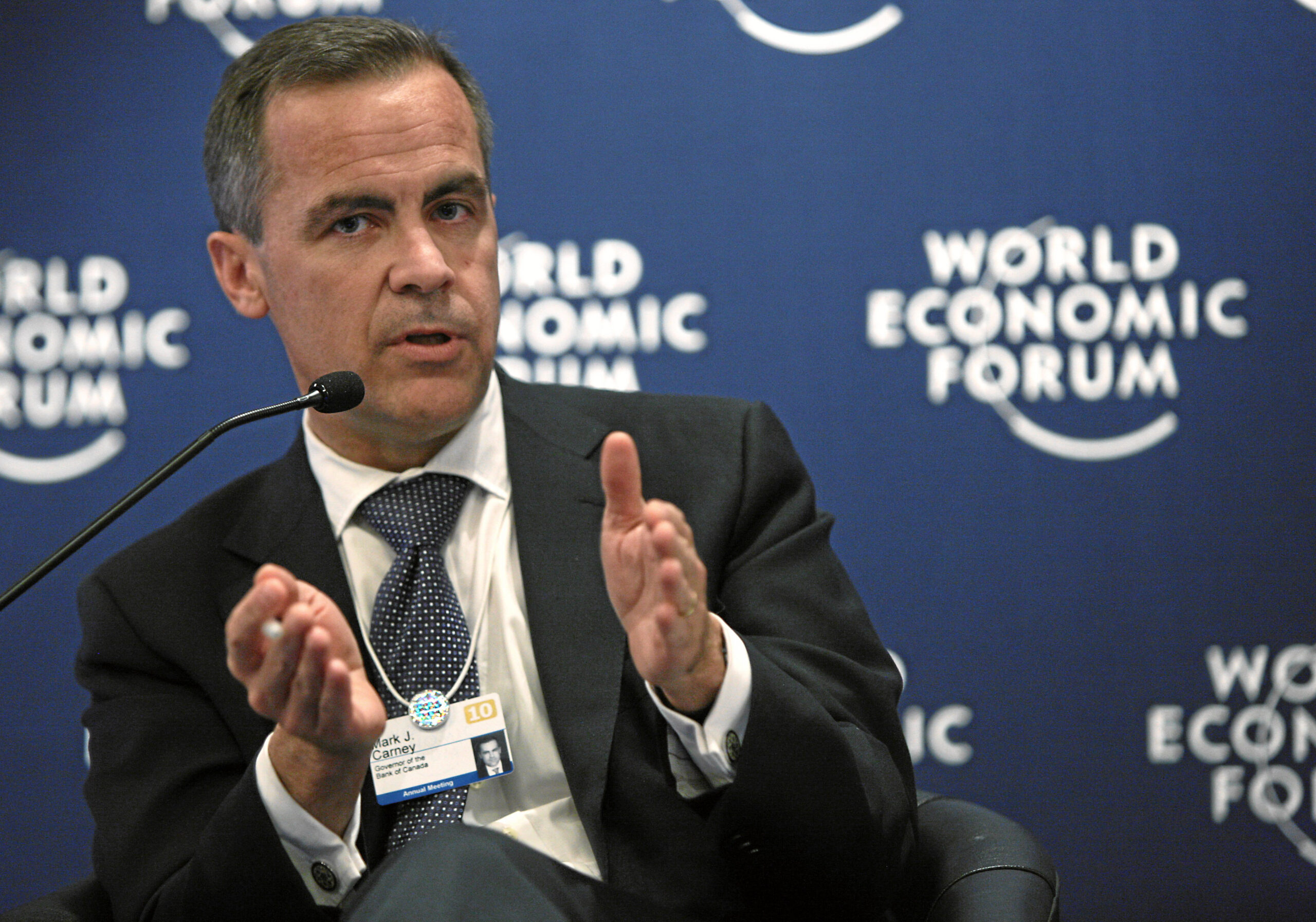
Prime Minister Mark Carney announced on Friday that the Canada Revenue Agency (CRA) will begin preparing pre-filled tax returns for more low-income people with simple tax situations. The goal is to ensure that millions of lower-income Canadians, who currently do not file their taxes, gain crucial access to federal benefit programs. Carney stressed that “too often” those who need benefits the most do not receive them.
Expediting Tax Relief and Scaling Up CRA
Carney and Finance Minister François-Philippe Champagne previewed these programs ahead of the federal budget to be introduced on November 4. The automatic benefit program will begin rolling out in the 2026 tax year. Carney projected that the system will cover up to 5.5 million people by the 2028 tax year, resulting in “hundreds of millions of dollars in benefits” being paid out that would otherwise be left unclaimed.
The CRA is ramping up its efforts, building on a successful automatic filing pilot program first announced by the previous administration. Champagne confirmed that the technology already exists and stressed, “It’s about ramping up, scaling up.” He acknowledged the CRA has been struggling to meet service standards, noting that call centers were only answering 35% of calls over the summer. Champagne directed the agency to launch a 100-day improvement plan in September, which reported 84% of calls answered by the last week of September. Champagne added that the program will demand that the agency “step up.”
Permanent School Food and Cultural Pass
In addition to the automatic tax filing, the government will make the national school food program permanent with $216 million in annual funding. The program, originally created by the previous administration with $1 billion over five years (beginning in the 2024-25 school year) to feed 400,000 children annually, will now receive permanent funding starting in 2029.
The government is also reviving the “Canada Strong pass” for the upcoming holiday season and next summer. This program offers free admission to national museums and parks, along with discounts for young adults traveling on Via Rail. The government reported that visits to museums, parks, and historic sites increased by an average of 15% over the summer due to the pass. Champagne estimated the pass’s cost at approximately $100 million.
Carney announced that the federal budget will be divided into capital and operational spending streams, with the aim of balancing the government’s operating budget by 2028–29. While a steeper deficit is expected this year due largely to increased capital spending, the finance minister has directed his cabinet colleagues to find savings in their departments. Carney confirmed that all three programs announced fall under the operational side of the budget, assuring that the government will make “responsible and pragmatic choices” to protect essential social programs like the Canada Child Benefit and the disability benefit for the future.
What The Author Thinks
The government’s implementation of automatic tax filing, though intended to deliver hundreds of millions of dollars in unclaimed benefits, represents a paternalistic approach that substitutes government action for basic civic responsibility. While this move solves a genuine problem of low-income citizens missing out on aid, it risks normalizing the concept of the CRA as both the tax collector and the tax filer, a duality that creates a systemic conflict of interest. The success of this program is an indictment of the complexity of the current benefit system, confirming that the most efficient way to help citizens is often to simplify the bureaucracy itself, not automate around its failures.
Featured image credit: Wikimedia Commons
For more stories like it, click the +Follow button at the top of this page to follow us.
